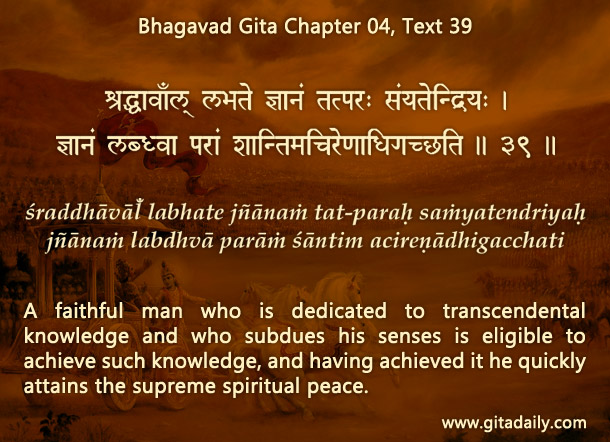Between naiveté and cynicism is the courage to trust
When we are inexperienced, we may naïvely believe that everyone is entirely trustworthy. Exploiting our naiveté, self-interested people will sooner or later take us for a ride.
Between naiveté and cynicism is the courage to trustOn being disappointed or betrayed by those whom we had trusted, we may recoil to the other extreme, becoming cynical about everyone. We start attributing selfish motives by default to everyone, even those who are kind and affectionate. Such cynicism keeps us lonely and alienated.
Between these two extremes of naiveté and cynicism is the courage to trust, wherein we acknowledge that everyone has snakes inside them, as do we ourselves. Yet we also acknowledge that we have an innate need to love and be loved, a need that can’t be denied forever. Therefore, we learn to complement our heart’s longing with our head’s probing; we open our heart gradually to some people, using our intelligence and experience. Whereas cynical people dismiss all trust as naïve, we see trust as an act of courage: the willingness to give at least some people the benefit of the doubt, as we give to ourselves and want others to give to us.
Such courage is required not just in our relationships with other human beings but also in our relationship with the supreme being. The Bhagavad-gita (04.39) states that only when we have trust can we attain transcendental knowledge. Significantly, the Gita urges us to complement our trust with sensual regulation and spiritual dedication. Why such regulation and dedication? Because through them, we use our head to mold our heart into a fit laboratory for conducting the experiment of bhakti-yoga and experiencing the result of loving, fulfilling absorption in the divine.
When we thus practice bhakti-yoga, our heart becomes enriched with sublime peace, love and joy, all of which become increasingly relishable with purification. And we realize that our courage to trust has been richly rewarded.
Think it over:
- What are the problems with naiveté and cynicism?
- How is trust an act of courage?
- How can trust take us to transcendence?
***
04.39 A faithful man who is dedicated to transcendental knowledge and who subdues his senses is eligible to achieve such knowledge, and having achieved it he quickly attains the supreme spiritual peace.

To know more about this verse, please click on the image
Explanation of article:
https://www.youtube.com/watch?v=k5dKsz7r3UI&feature=youtu.be
Podcast:

JAPA guide your destiny
A very deep and enlivening insight to built trust in God and also in others.
Yes, it’s helped me – and happy to know it’s helping you.